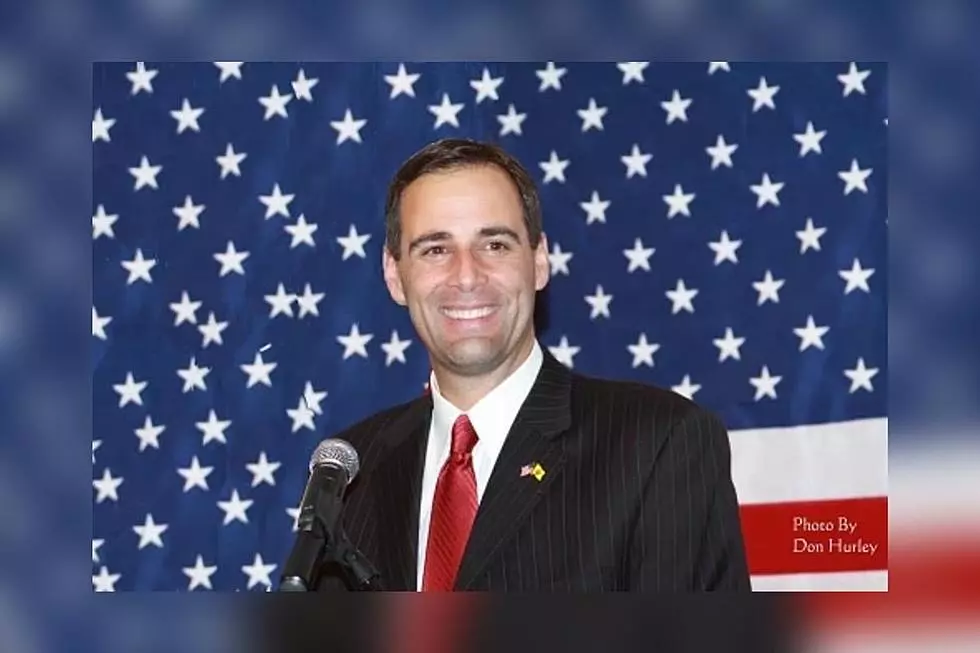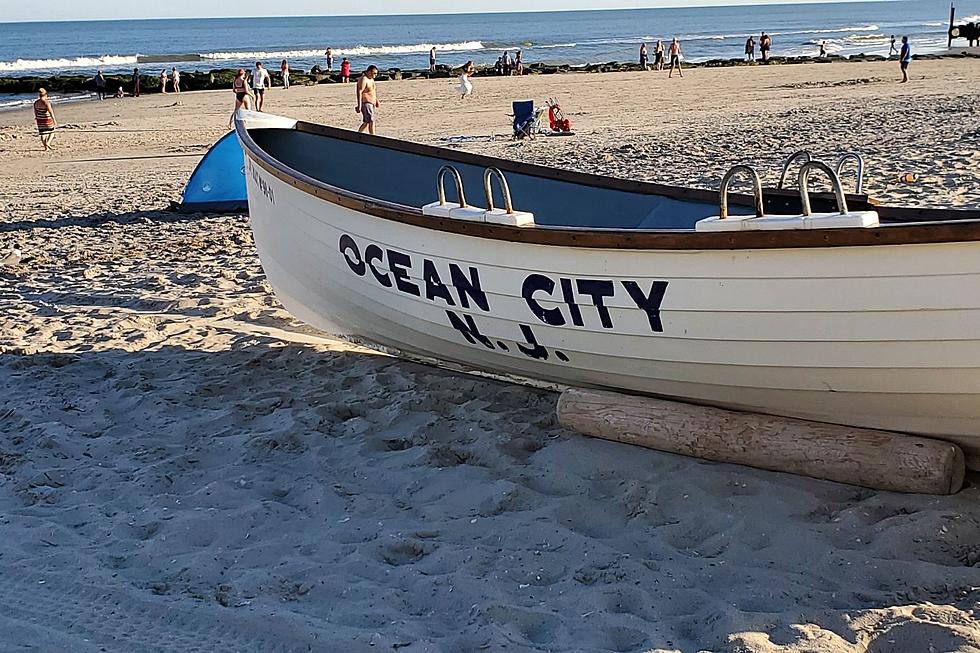
Childhood Immunization Rates in New Jersey Top 95 Percent
Despite resistance by some parents to immunizations for measles and other childhood diseases, more than 95 percent of New Jersey school children have received such vaccinations, the state's chief health officer says.
Still, a rate closer to 100 percent would be best, according to New Jersey Health Commissioner Mary O'Dowd, because the higher the rate of vaccination, the stronger the overall protection for individuals and communities, from diseases like measles, mumps and pertussis.
More than 100 people have been sickened across the country in a recent measles outbreak, which has turned the spotlight on the 48 states like New Jersey that have laws allowing parents to opt out of vaccinating their kids, based on their personal or religious beliefs or both. In other cases, people are exempt from vaccinations due to medical reasons. Last year approximately two percent of New Jersey’s student population was not vaccinated according state health department data.
Immunization requirements for children to attend child care centers, preschool facilities and schools in New Jersey, both public and private, are established by the New Jersey Department of Health and Senior Services (NJDHSS).
"Relative to the rest of the country, New Jersey's vaccination rates are above or at the national average for most of our required vaccinations," said O'Dowd.
Mississippi has the highest immunization rate for children entering kindergarten at 99.7 percent according to the Centers for Disease Control. New Jersey is ranked 15th in that age range and 22nd in overall vaccinations. California where a measles outbreak has sickened over 100 people is ranked 40th in children 19-35 months with an immunization rate of 88 percent. Montana is ranked last in that age range at 83.3 percent.
There are a number of vaccines that are mandated in New Jersey before a child can go to preschool, daycare and K-12. In addition, there are additional vaccines that are required before students can go to college.
O'Dowd said there are also many vaccines available that are not mandated by the state but are recommended, for both children and adults.
"Based on the individual and their risk factors, whether it's an adult or a child they should sit down and talk to their doctor because that's the best way to make sure that you as a person are fully covered for diseases that you may be at risk for," O'Dowd explained.
The health commissioner added: "One of the important things that individuals should be aware of is that the U.S. has the safest, most effective vaccine supply in its history."
More From WPG Talk Radio 95.5 FM










